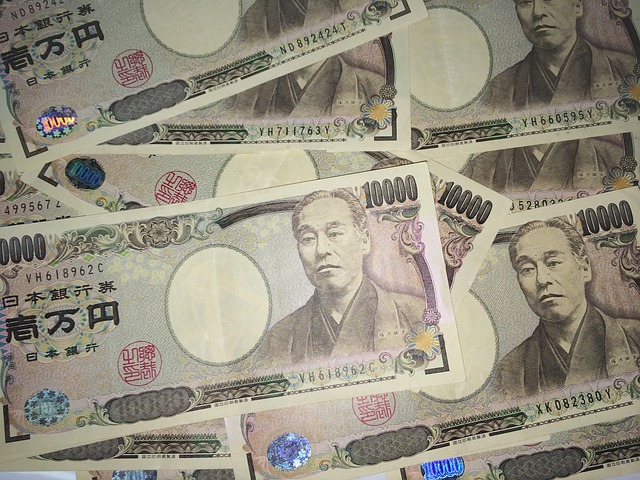
-
Tether got away with the crypto equivalent of a slap on the wrist when it was recently fined by the U.S. Commodity Futures Trading Commission for just US$41 million.
- At this point, there are likely few (if any), holders of USDT who expect that each one is backed by a dollar in a bank account somewhere.
In the cryptocurrency world, a fine by regulators, more often than not, is the best outcome.
Which is why when Tether, the world’s most heavily utilized stablecoin and whose market cap was a whopping US$69 billion at last count, got away with the crypto equivalent of a slap on the wrist when it was recently fined by the U.S. Commodity Futures Trading Commission for just US$41 million.
Last Friday, the CFTC imposed the fine on Tether and alleged the company made misleading statements from at least June 2016 to February 2019 about having sufficient dollar reserves to back each of its stablecoins in circulation.
To be sure, the stablecoin universe has always been similar to playing a game of pass the parcel – no trader would give up the liquidity and market pairs that USDT or Tether would afford just on the odd chance that it wasn’t entirely backed up by dollars.
Much as no bank is expected to have all of its depositors monies ready for withdrawal at the drop of a hat, Tether became almost widely accepted as a form of “fractional reserve stablecoin” and for the most part, cryptocurrency traders accepted that.
Despite fines by both the New York Attorney General as well as the CFTC, demand for USDT has soared along with the price of bitcoin and while Tether, as well as Bitfinex, the cryptocurrency exchange intertwined with Tether, have both paid fines, they haven’t admitted or denied liability – the perfect outcome for all involved.
At this point, there are likely few (if any), holders of USDT who expect that each one is backed by a dollar in a bank account somewhere.
In fact, Tether holds some US$30 billion of its US$69 billion market cap in commercial paper, which are short term interest-bearing securities akin to cash, but not quite, making it the sixth or seventh largest holder of such debt in the world.
As a substantial holder of commercial paper, Tether has introduced systemic risk from the cryptocurrency world into the financial one and any possible dumping of its holdings could significantly impair liquidity in the debt markets, which power industries and business across the world.



